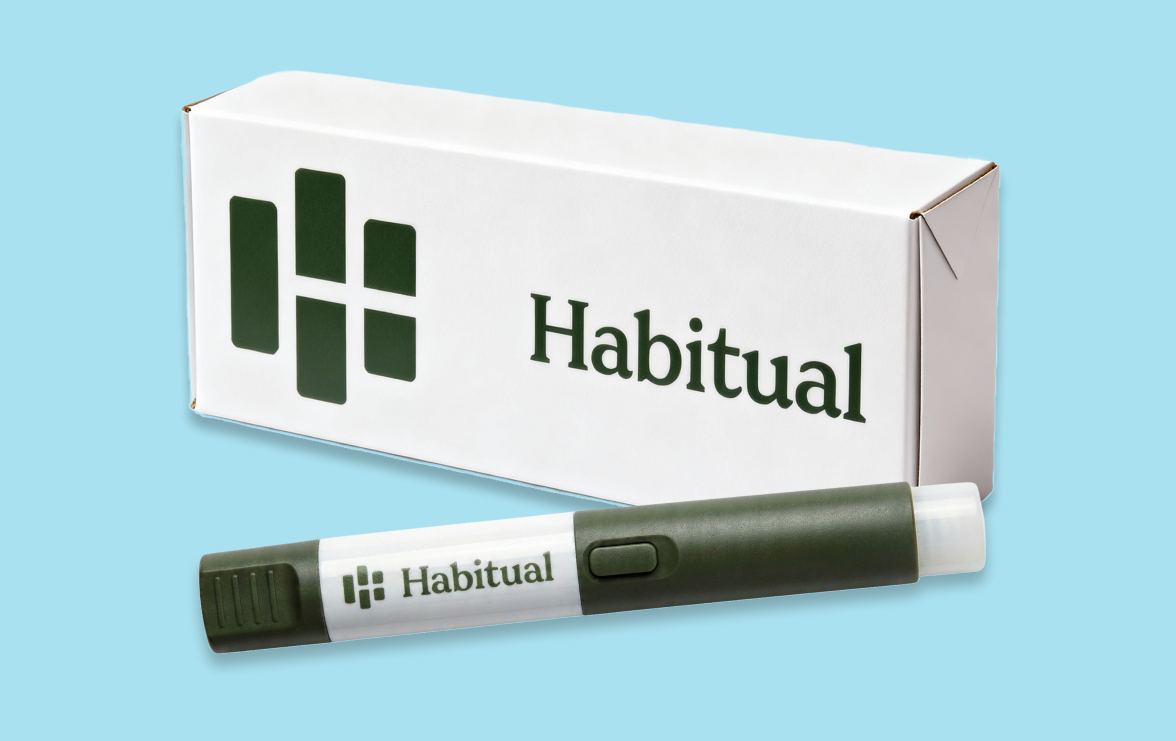Ozempic is the one of the branded names of injectable semaglutide, which is licensed for the treatment of type 2 diabetes, and has been shown to help patients control blood sugar and lose weight (1).
In the UK, patients with type 2 diabetes can buy Ozempic if they have a prescription, or may be able to access it through the NHS if eligible. Ozempic is not licensed for weight loss, however a version of the medication which is licensed for weight loss (called Wegovy) is now available. Learn more about Wegovy
here.




